
The Unisa Portfolio of Research, Postgraduate Studies, Innovation and Commercialisation, together with the United Nations Educational, Scientific and Cultural Organization (UNESCO) Chair on Open Distance Learning, held the official opening of the 2023 International Open and Distance eLearning (ODeL) Conference on 15 August 2023. Themed "ODeL in the Global South: Opportunities in times of volatility, uncertainty, complexity, and ambiguity (VUCA)", this hybrid conference positions Unisa as a thought leader in ODeL research locally, continentally and internationally. It will take place until 17 August 2023.
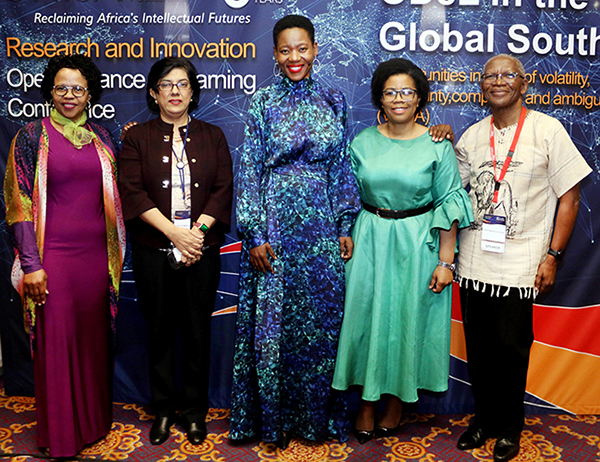
From left: Prof Thenjiwe Meyiwa (Vice-Principal: Research, Postgraduate Studies, Innovation and Commercialisation), Prof Romeela Mohee (Keynote speaker and Higher Education Commissioner of Mauritius), Prof Puleng Segalo (Programme director and Chief Luthuli Research Chair), Prof Puleng LenkaBula (Unisa Principal and Vice-Chancellor) and Prof Moeketsi Letseka (UNESCO Chair on Open Distance Learning)
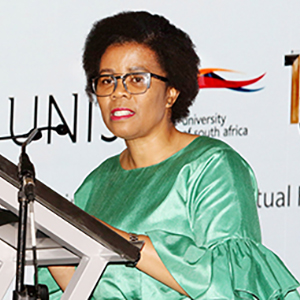
Prof Puleng LenkaBula
In her welcome address, Prof Puleng LenkaBula, Unisa’s Principal and Vice-Chancellor (VC), recognised that in reflecting around opportunities in times of volatility, uncertainty, complexity and ambiguity, it must be recalled that there are moments of innovation, and that these ideas serve as an invitation for scholars to look into solutions to various problems such as societal challenges.
LenkaBula remarked that universities are sites of deliberative engagement, wherein scholarship and knowledge become areas of contestation to produce knowledge that is enabling for society and that is at the centre of innovative and global impact. LenkaBula affirmed that to focus on the Global South, among others, universities must situate themselves as resonant and relevant institutions locally, regionally and globally.
Speaking on some of the impacts of the Covid-19 pandemic, which include the physical closure of universities and therefore disruption to teaching and learning, a decrease in retention and new enrolment of students, the weakening of partnerships between universities, and the negative impact on community engagement initiatives and engaged scholarship, LenkaBula said that, in a VUCA world, universities must learn to sustain themselves and the ODeL model during periods of uncertainty.
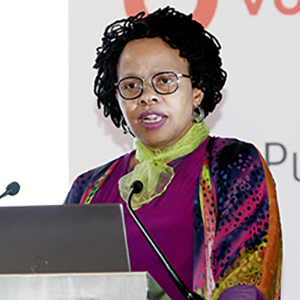
Prof Thenjiwe Meyiwa
In celebration of Women’s Month, Prof Thenjiwe Meyiwa, Unisa’s Vice-Principal: Research, Postgraduate Studies, Innovation and Commercialisation, acknowledged iconic women who lead or have made an impact in their respective fields. Contextualising the conference, she said: "It focuses on what and how we should reflect on the advances we have made in Comprehensive ODeL."
Meyiwa said that the aim of the conference it is to encourage the discourse of research and ODeL in a globally connected digital era, especially on the Global South. She asserted that the conference also celebrates Africa’s intellectual futures and establishes a way forward. Continuing, she said: "Through this conference, we pose questions such as what have we done to inspire research that is at the centre of our identity as an ODeL institution." Reiterating the importance of ODeL and the conference in general, Meyiwa acknowledged Unisa for ushering in the ODeL model that most universities currently benefit from, and for seamlessly offering it during the unprecedented Covid-19 pandemic period.
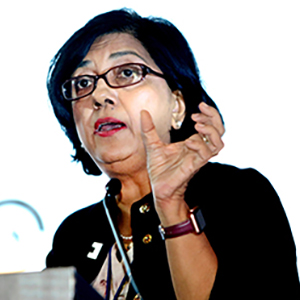
Prof Romeela Mohee
Keynote speaker, Prof Romeela Mohee, Higher Education Commissioner of Mauritius, who was also the first female to be appointed as vice-chancellor in Mauritius, congratulated Unisa on its 150th milestone. She further congratulated LenkaBula for being Unisa’s first black and first female VC since the university’s establishment.
Mohee shared that higher education is free at all public universities in Mauritius. She added that quality assurance, which entails its prioritisation and committing to further develop ways to ensure high academic standards, was one of the key priorities identified by open universities across the Commonwealth. "These priorities also included promoting inclusivity, prioritising the increase of student enrolment, improving student success rates and learner satisfaction, as well as expanding and strengthening research activities and enhancing its capacity of academic staff," she explained.
Regarding massive open online courses (MOOCs), Mohee highlighted that when schools were forced to shut down in March 2020 due to the Covid-19 pandemic, there was a sudden surge of online traffic to MOOCs. She further referred to the recent report by UNESCO, which discloses that 360 million students did not have access to distance learning during the pandemic, and that 72% of these students were from Africa. She explained that to address this gap, UNESCO launched the Covid-19 Global Education Coalition comprising of more than 90 public universities and private sector partners, aimed at developing universal and equitable solutions to make the digital revolution inclusive. Mohee noted that this was to ensure that every student, irrespective of their location or resources, had access to quality education. However, Mohee acknowledged that Covid-19 has been an accelerator of online learning.
Mohee shared educational challenges faced by Southern Africa Development Community (SADC) countries during the pandemic including, among others, an anticipated increase of youth drop-out in formal education institutions, limited access to connected digital devices, and the inability to reach growth of students and staff. She said that the future of higher education in 2040 should focus on the use of technology in higher education, which includes improving teaching and learning, and innovation in research and personalised learning. In this regard, she urged universities to embrace flexible and personalised learning, and create opportunities that can prepare students for the workplace.
#Unisa150
Read also:
Mauritian Higher Education Commissioner to address Unisa ODeL Conference
Leading OER expert to address ODeL Conference
Renowned African public intellectual and interdisciplinary scholar to speak at 2023 ODeL Conference
* By Nancy Legodi, Acting Senior Journalist, Department of Institutional Advancement
** Images by Debbie Yazbek Photography
Publish date: 2023/08/16
 Unisa empowers award-winning agro-cosmetics entrepreneur
Unisa empowers award-winning agro-cosmetics entrepreneur
 Unisa celebrates a project of hope, dignity and student success
Unisa celebrates a project of hope, dignity and student success
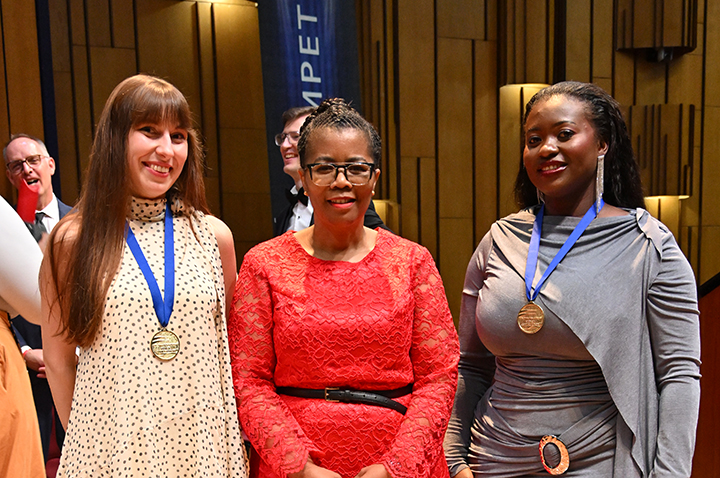 Women vocalists take top honours at Unisa's globally renowned showcase
Women vocalists take top honours at Unisa's globally renowned showcase
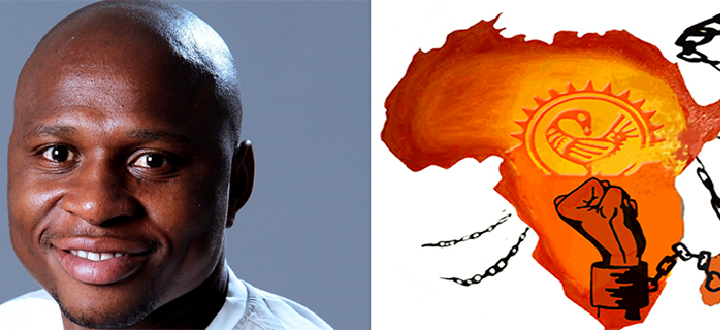 African wealth is dependent on investment in education and development
African wealth is dependent on investment in education and development
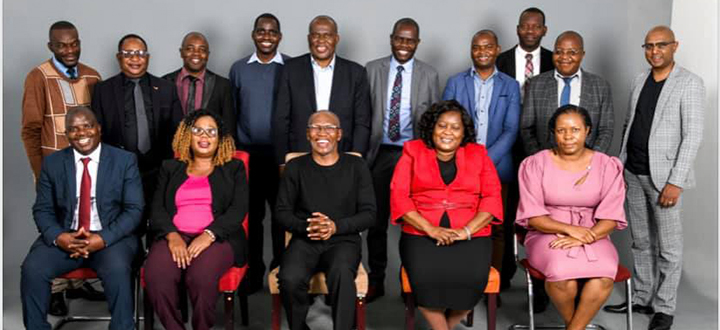 Unisa celebrates matric result success at Correctional Services ceremony
Unisa celebrates matric result success at Correctional Services ceremony